HEADLINES
Mon, Dec 08, 2025


How to 'kill' Nigeria's rising Inflation
By Abidemi Adebamiwa
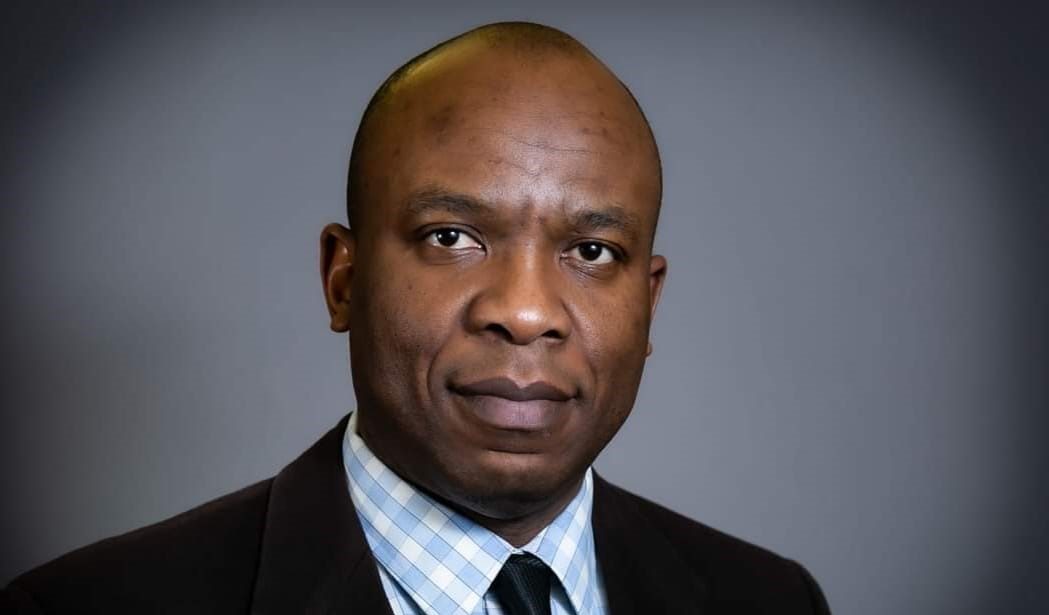 Abidemi Adebamiwa
Abidemi Adebamiwa
Overview
Inflation is strangling the Average Nigerian. Food Prices are skyrocketing, Transport Costs are unbearable, and Housing is out of reach. But here’s the truth: this crisis can be fixed—if we act quickly and decisively. This plan offers clear, powerful steps to bring down Prices, eliminate wasteful spending, and fight Corruption at its core. It’s not just a wish list—it’s a demand for action. By focusing on Solutions that have worked elsewhere, this approach can bring real change and make life better for all Nigerians.
The situation is Dire and Urgent
Nigeria is in the middle of an Economic storm. The Naira is losing its Value, Food is too expensive, and Corruption is making everything worse. This isn’t a time for empty Promises or Politics as usual. It’s time for bold, results-driven Leadership that’s willing to make tough decisions. Inflation is not just an Economic Issue; it’s a daily hardship for millions of Nigerians. But it’s a battle we can win—if we make the right moves now.
What the Government MUST Do—Right Now
Adjust Monetary Policy to Protect the Naira
The Central Bank of Nigeria (CBN) must act now to strengthen the Naira and stabilise Inflation.
Why It Works: India faced a similar crisis and turned it around by revising its Monetary Policies. They stabilised their currency and controlled Inflation. Nigeria has the same potential—if we act swiftly.
Fix Our Broken Supply Chains
Nigeria’s Goods must move faster and cheaper. Better Infrastructure will bring down Prices and make Essentials more affordable.
Why It Works: Indonesia, another Oil-Rich Nation, invested in better Infrastructure to reduce Costs and control Inflation. Nigeria, with similar challenges, can achieve the same success by improving its Roads, Ports, and Railways.
Empower Our Farmers to Feed the Nation
Nigeria’s Farmers can feed the Country—but they need support. Fertilisers, Seeds, and Modern Tools will boost Local Food Production and reduce dependency on Costly Imports.
Why It Works: Brazil’s “More Food” Programme helped Farmers increase Production and stabilise Food Prices. Nigeria’s vast Agricultural Sector can do the same, but only if Farmers receive the Tools they need to succeed.
Control Prices on Essential Goods NOW
While we work on Longer-Term Solutions, temporary Price Controls on Key Products like Rice, Oil, and Sugar can give immediate relief to struggling Families.
Why It Works: Argentina’s Price Freezes provided immediate relief during a similar Inflation Crisis. If it worked there, it could work here.
Support Local Manufacturing and Create Jobs
Give Tax Breaks to Companies that manufacture Essential Goods right here in Nigeria. This will make Goods cheaper, create Jobs, and reduce Import Dependency.
Why It Works: South Africa did exactly this—lowering Production Costs and stabilising Prices while creating more Jobs. Nigeria has even greater potential to grow its Industries and reduce Prices.
Teach Nigerians How to Manage Money Better
Launch a Nationwide Campaign to teach People about Smart Financial Management and the benefits of buying Local Products.
Why It Works: Kenya’s "Buy Kenyan, Build Kenya" Campaign encouraged People to buy Local, reducing Inflation and boosting Domestic Industries. Nigerians are resilient and adaptable—this Campaign can work here, too.
Corruption: The Real Enemy of Progress
Corruption is not just hurting the Economy—it’s bleeding the Country dry. Every Naira stolen is a Naira that could have lowered Prices, created Jobs, or improved Public Services. It’s time to attack Corruption head-on.
Make Government Services Digital
Move everything from Business Registrations to Land Approvals Online. Less Human Contact means less bribery.
Why It Works: Estonia, once a Struggling Country, became one of Europe’s Least Corrupt Nations by going Digital. If it can work in Estonia, it can work in Nigeria.
Empower Anti-Corruption Agencies
Give more Resources and real Authority to the EFCC and ICPC to investigate and prosecute Corruption Cases quickly and effectively.
Why It Works: Indonesia’s Anti-Corruption Commission tackled big Cases, won Public Trust, and improved the Economy. Nigeria’s Agencies can achieve the same results with the right support.
End Wasteful Spending and Redirect Funds
Stop the bleeding of Public Funds, especially in Agriculture and Infrastructure Projects. We need stricter Audits and Accountability.
Why It Works: Ghana reformed its Financial Systems to cut Waste and redirect Funds to where they were needed most. The results? Lower Inflation and better Services for the People. Nigeria must do the same.
Protect Whistleblowers
Whistleblowers must be protected, not punished. Encourage more Nigerians to come forward and expose Corruption without fear.
Why It Works: South Korea’s Whistleblower Protection Laws increased Reporting of Corruption, making Government Operations more efficient. Nigeria’s Laws must be strengthened to protect those who speak out.
Recover Stolen Money and Put It to Work
Aggressively pursue Stolen Funds and reinvest them in Agriculture, Education, and Healthcare.
Why It Works: Peru recovered Stolen Assets and invested them back into Public Projects, improving Services and reducing Inflation. Nigeria can turn Stolen Wealth into real progress.
Bring in the Best Brains—We Need Experts, Not Politicians
It’s time to let Experts, not Career Politicians, take charge of solving this Crisis. The Economy is too fragile for trial and error.
Hire Independent Experts
Bring in top Technocrats—Seasoned Professionals, including Nigerians from Abroad—who know how to stabilise Economies and deliver results.
Why It Works: India and Brazil both relied on Technocrats to lead Economic Reforms, and it worked. Nigeria can achieve even more with the right People leading the charge.
Meet Regularly with Experts
Convene Roundtable Discussions with Economic Experts, Business Leaders, and Civil Society to keep Solutions fresh, practical, and focused on the Needs of Ordinary Nigerians.
Ensure Fast and Effective Implementation
Use Skilled Project Managers to ensure that Government Projects are done on time and within Budget. This will prevent the usual delays and inefficiencies that hold Nigeria back.
Cut Government Waste—Every Naira Saved Can Help Nigerians
The Cost of running the Government is too high, and the Average Nigerian is paying the price. This must change—immediately.
Slash Unnecessary Spending
Reduce excessive Allowances, Non-Essential Travel, and Wasteful Programmes. The Savings can be used to support Measures that fight Inflation.
Why It Works: South Africa reduced Administrative Costs and used the Savings to support Social rogrammes during Economic Hardship. Nigeria can do even more.
Make the Government Leaner
Simplify Government Structures to eliminate Waste and improve Service Delivery. Focus spending on what truly matters.
Why It Works: Kenya streamlined its Government during a Crisis, leading to better Resource Allocation. Nigeria can learn from this and do better.
Make Spending Transparent
Use Digital Tools to track and publicly share how Government Money is spent. This will reduce Corruption and build Trust.
Why It Works: Rwanda’s Open Budgeting System reduced Waste and built Public Confidence, improving the Economy. Nigeria should adopt this approach to make every Naira count.
A Call for Bold, Decisive Leadership—No More Excuses
Nigeria is at a breaking point, and Nigerians are demanding action. This Plan is not just a set of Recommendations—it’s a demand for bold, urgent change. The People need Leadership that prioritises results, cuts Waste, and tackles Corruption head-on.
President Tinubu, the time to act is now. Convene an Emergency Meeting with Experts and Key Stakeholders and implement this Plan. The Nigerian People cannot wait any longer.
The clock is ticking. Inflation must be crushed, trust must be restored, and Nigeria’s potential must be unleashed. The Country deserves a future where Basic Goods are affordable, Jobs are plenty, and Corruption is a thing of the past.
Let’s make it happen—together.
Abidemi Adebamiwa, a Political and Policy Analyst writes from Pleasanton, California
News in Pictures
Copyright 2025, Thenewsroom.ng




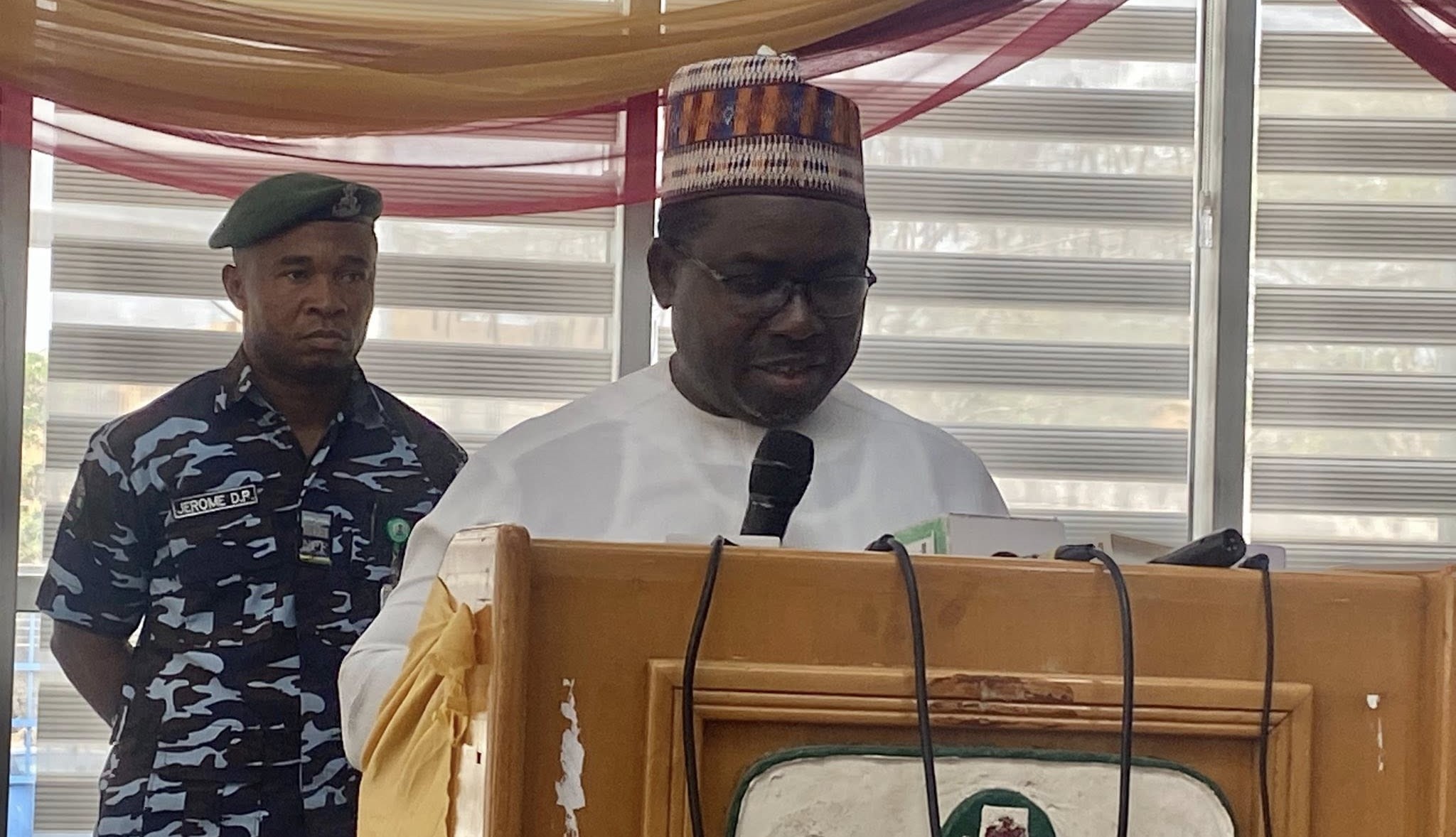
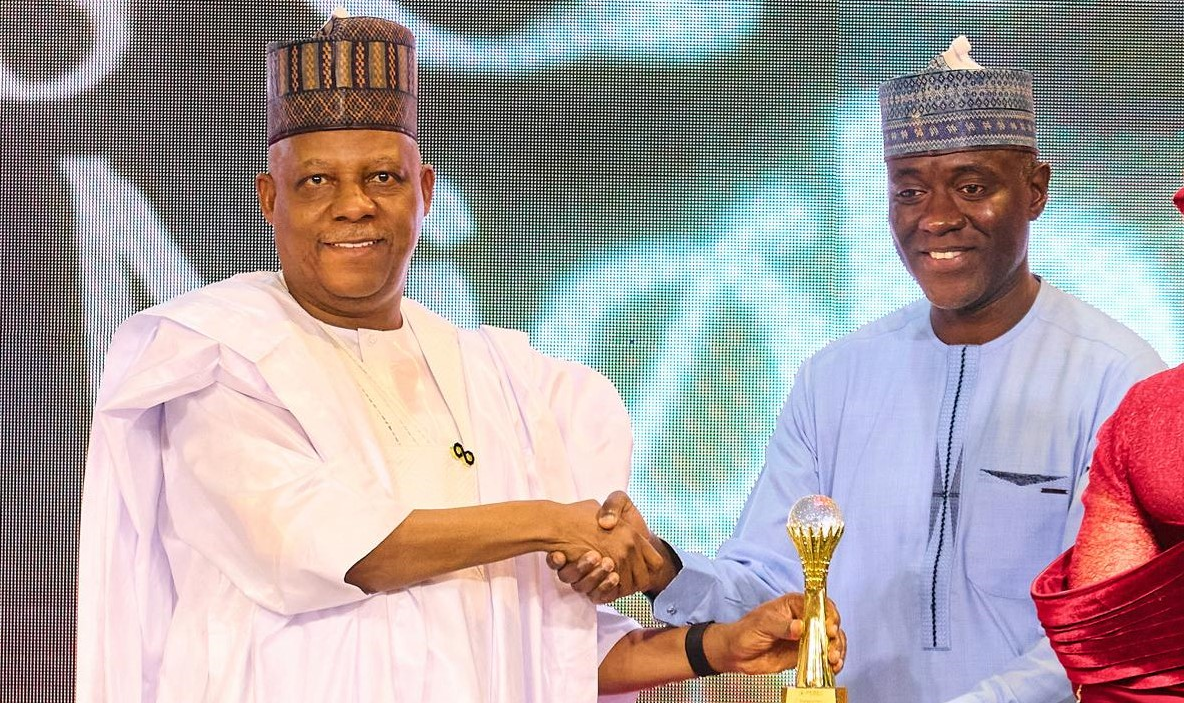



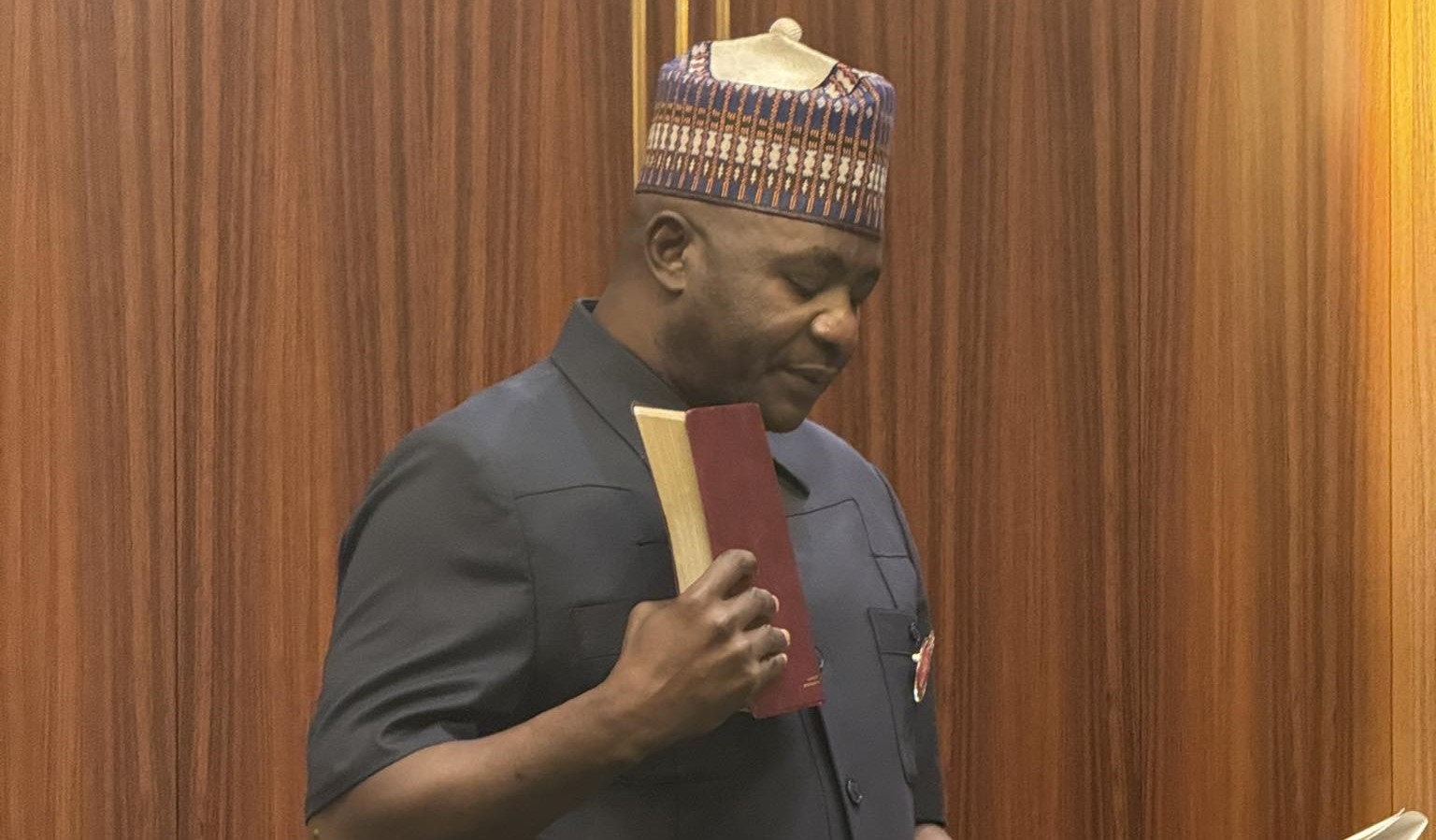
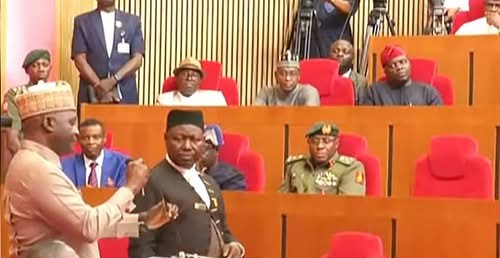
Comments
Be the first to comment on this post
Leave a Reply